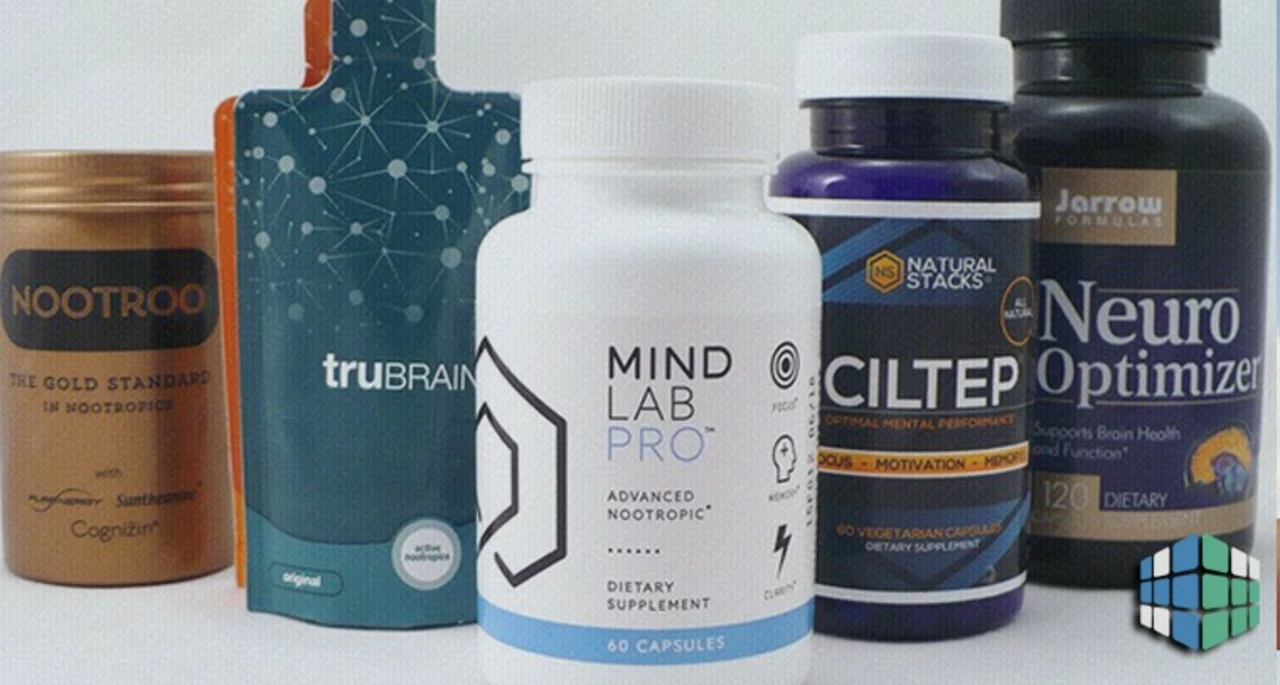Algin: what it is and why people use it
Algin (short for alginate) is a natural substance extracted from brown seaweed. You’ll find it in two main forms: sodium alginate and alginic acid. It thickens, gels, and stabilizes — which is why manufacturers use it in food, dentists use it for impressions, and med-tech teams add it to wound dressings and some drug formulations.
If you’re here because a product or prescription mentions "algin," this page helps you understand the practical parts: how it works, where it’s safe to use, and how to buy it without getting scammed.
Common uses and how algin works
Algin forms a gel when it meets calcium. That simple chemistry explains a lot: in food it makes sauces and ice cream smoother; in dentistry it captures a fast, accurate mold of your teeth; in medicine algin-based dressings create a moist barrier that helps wounds heal. It’s also used as a binder or thickener in tablets and capsules.
Different grades exist. Food-grade algin is tested for ingestion. Medical- or pharmaceutical-grade algin meets stricter purity and sterility rules. Don’t swap grades — use the product meant for your purpose.
Where to buy algin and what to check
Look for reputable suppliers. For food or hobby use, major ingredient suppliers and established online stores are safest. For dental or medical needs, buy through licensed distributors or pharmacies — these items often require specific quality certificates.
Quick checklist before you buy: confirm the grade (food vs medical), check for batch lot numbers, ask for a certificate of analysis if you need purity details, and read customer reviews about shipping and packaging. Avoid very cheap offers without supplier details; algin quality varies and poor batches can clog equipment or cause inconsistent results.
If you need algin as part of a prescription product, speak to your pharmacist. Some medical alginate dressings are classed as medical devices and should come with usage instructions and warnings.
Storage is straightforward: keep algin dry, in a cool place and sealed. Moisture starts the gelling, so a damp packet ruins the product. Most unopened food-grade algin lasts a long time; check expiry dates on medical products.
Safety notes: algin is generally safe when used as intended. Allergic reactions are rare but possible. Don’t ingest industrial or medical-grade algin unless the product label says it’s safe to eat. If you’re pregnant, nursing, or on complex medication, check with a healthcare professional before using algin-based medical treatments.
Got a specific use in mind — dental mold, wound care, or a recipe? Mention it when you ask a supplier or pharmacist. They can point to the right grade, concentration, and handling tips so you get consistent results without surprises.
